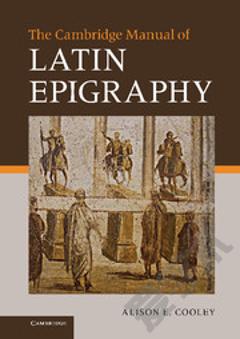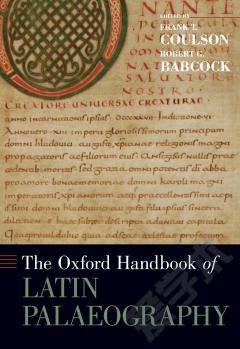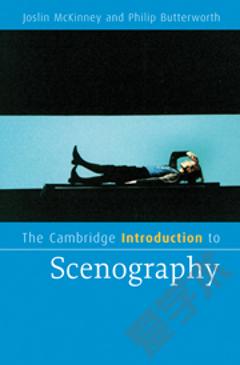The Cambridge Manual of Latin Epigraphy
This book advances our understanding of the place of Latin inscriptions in the Roman world. It enables readers, especially those new to the subject, to appreciate both the potential and the limitations of inscriptions as historical source material, by considering the diversity of epigraphic culture in the Roman world and how it has been transmitted to the twenty-first century. The first chapter offers an epigraphic sample drawn from the Bay of Naples, illustrating the dynamic epigraphic culture of that region. The second explores in detail the nature of epigraphic culture in the Roman world, probing the limitations of traditional ways of dividing up inscriptions into different categories, and offering examples of how epigraphic culture developed in different geographical, social and religious contexts. It examines the 'life-cycle' of inscriptions â how they were produced, viewed, reused and destroyed. Finally, the third provides guidance on deciphering inscriptions face-to-face and handling specialist epigraphic publications.
{{comment.content}}








 京公网安备 11010802027623号
京公网安备 11010802027623号